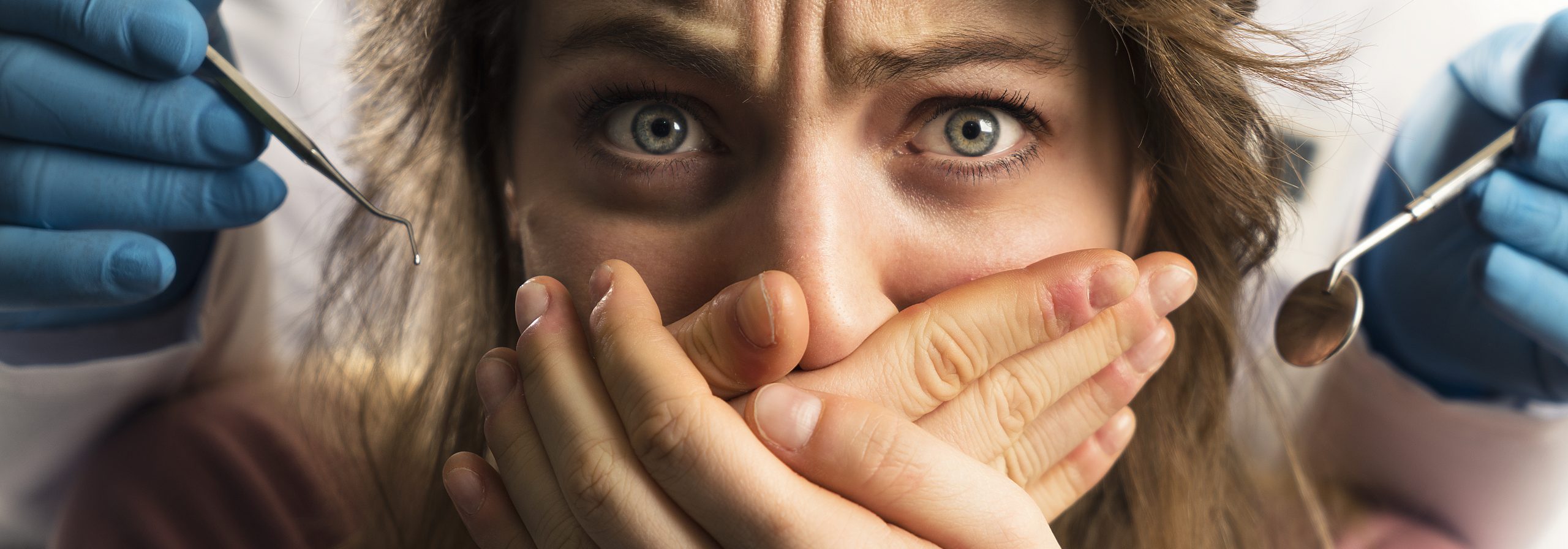Teeth grinding, also referred to as “bruxism”, is a very prevalent issue among dental patients, that presents itself in many forms. In this article, we’ll explain the different forms of bruxism, what causes it, and steps you and your dentist can take to treat and/or prevent teeth grinding.
Causes of Teeth Grinding (Bruxism)
According to the Mayo Clinic, “Bruxism (BRUK-siz-um) is a condition in which you grind, gnash or clench your teeth. If you have bruxism, you may unconsciously clench your teeth when you’re awake (awake bruxism) or clench or grind them during sleep (sleep bruxism).”
For example, some people grind their teeth back and forth, while others clench down – both are considered forms of bruxism and can have negative impacts on a patient’s health. While the exact cause can be difficult to pinpoint, there are many common causes of teeth grinding:
- Stress
- Lack of sleep
- Imbalanced Bite
Consequences of Teeth Grinding
No matter the cause of one’s teeth grinding and/or clenching, this habit can cause excessive tooth wear causing loss of enamel leading to tooth chipping, sensitivity, and overworked facial muscles. Many patients suffering from grinding their teeth may also experience facial tension and soreness throughout the day, especially in the mornings. In severe cases and left untreated, the inability to relax the jaw can also lead to more serious conditions like TMD.
How To Treat Bruxism
Depending on the complications and severity of the patient’s teeth grinding/clenching, your dentist can usually help treat bruzism. The most common and minimally-invasive treatment is a night guard (also known as a “bite guard”). A night-guard can be worn while sleeping to protect against grinding/clenching and also allow muscles to relax and provide relief.
Are you or someone you know suffering from the effects of teeth grinding? Take the first step towards correcting your bruxism and schedule a consultation with us today!

